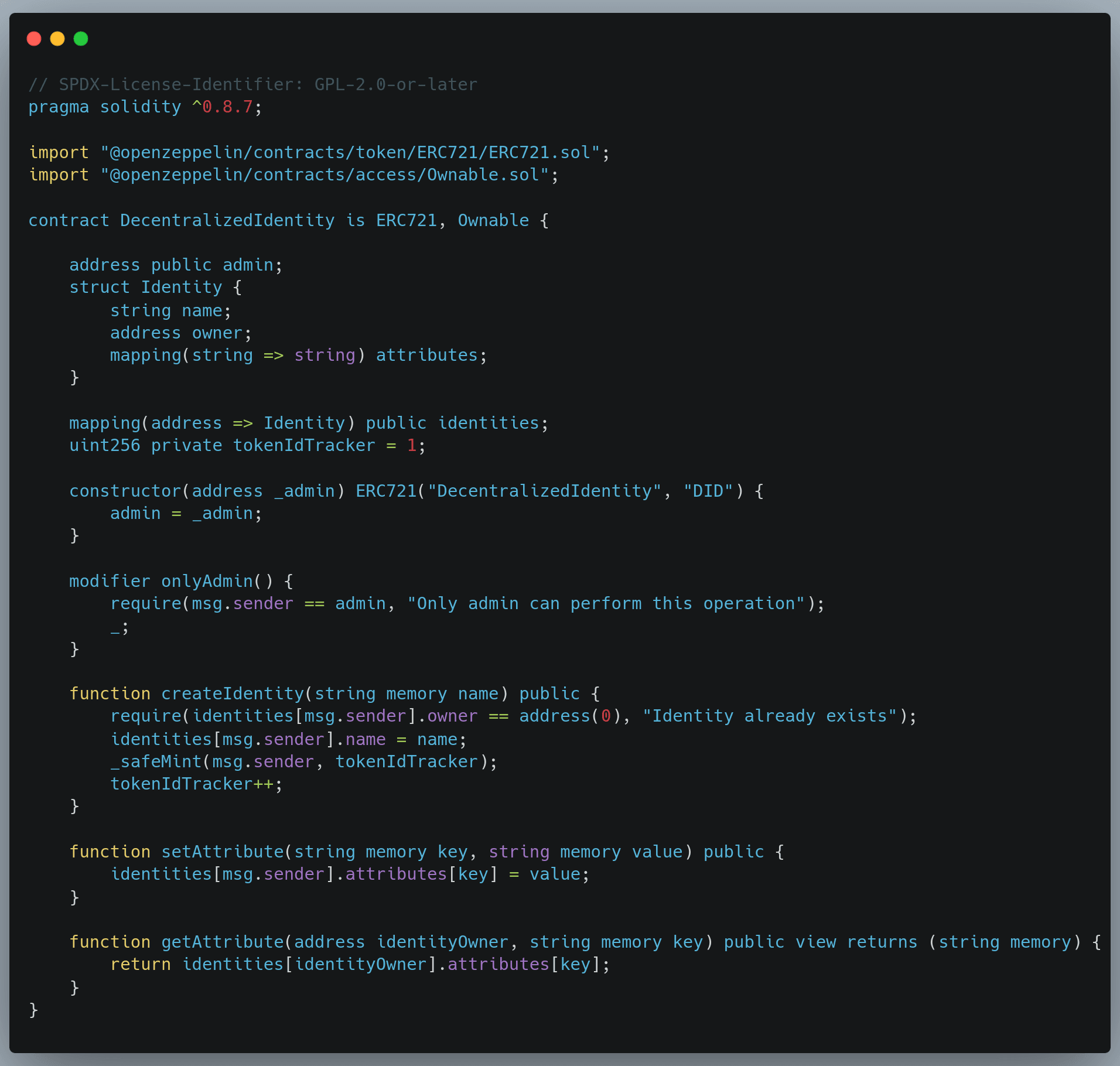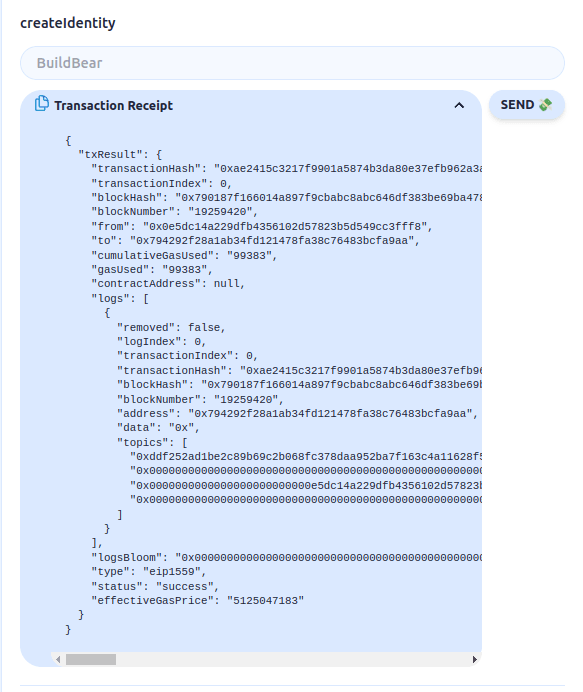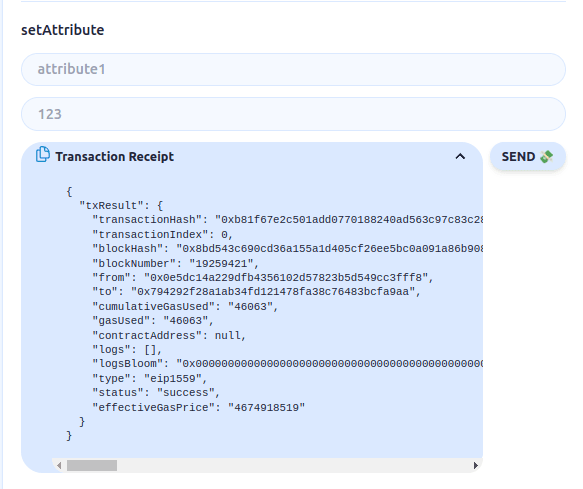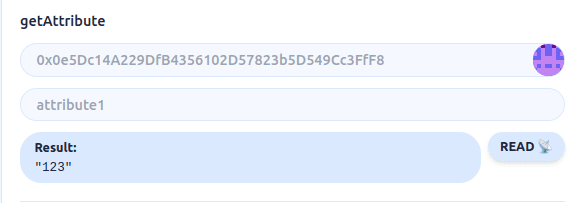Understanding Decentralized Identity with Smart Contracts
Learn how decentralized identity works using blockchain and smart contracts.
About BuildBear
BuildBear provides private Testnets for teams to test smart contracts and dApps at scale, including Faucets, Explorers, and RPCs.
Decentralized Identity allows people to control their digital identities without relying on intermediaries or a single service provider. Digital identity includes information about individuals, organizations, or applications online, such as usernames, passwords, or purchase histories.
Why Do We Need Decentralized Identity?
Our digital identities are scattered across different platforms, vulnerable to hacking, data breaches, and privacy violations. Centralized identity management often results in targeted advertising and poor user experiences.
Decentralized identity management, leveraging blockchain and smart contracts, enables individuals to securely create, manage, and authenticate identities independently of centralized authorities.
Key Features of Decentralized Identity
- Self-Sovereignty: Users create identities through self-executing smart contracts on an immutable blockchain.
- Security: Selective disclosure reduces unauthorized access risks.
- Privacy: Users control the information they share.
- Interoperability: Works seamlessly across various platforms.
Sample Smart Contract Implementing Decentralized Identity
This smart contract allows users to create decentralized identities represented by ERC721 tokens. Create your project using Scaffold-Eth 2 x Buildbear, enabling private Sandboxes for various EVM networks.

Contract Functionalities
Creating Identities:
Call createIdentity() to create a unique identity. Prevents duplication and associates the identity with the user's address.
Successful identity creation:

Setting Attributes:
Customize identities with additional attributes using setAttribute(). Retrieve attributes using getAttributes().
Setting attributes example:

Reading attributes example:

Congratulations! You have successfully implemented decentralized identity using Solidity smart contracts.
Other Use Cases
- Banking and Financial Institutions: Enhanced authentication and data security.
- Organizations: Secure credential issuance.
- Developers: Integrating secure authentication mechanisms.
- Individuals: Ownership and control over digital identities.
- Healthcare: Secure sharing of medical data.
- Supply Chain: Improved traceability and transparency.
Conclusion
Decentralized identity, powered by blockchain technology, improves digital identity control, security, and privacy. While challenges remain, decentralized identity offers significant potential for a secure digital future.
BuildBear Tips
- Web3 Code Snippets: Tailored snippets for Web3.js, Ethers, Wagmi, and more.
- One-click Deployment: Quickly deploy popular contracts.
- Contract Verification: Simplified configuration for Hardhat and Foundry.
Simulating Chainlink Oracle Arbitrage with PancakeSwap on BuildBear
This guide walks through detecting and executing arbitrage opportunities using Chainlink price feeds and PancakeSwap AMM pricing inside a BuildBear Sandbox.
Ethereum's Dencun Upgrade to Begin Testing on Goerli Testnet
Ethereum's Dencun upgrade introduces EIP-4844 (proto-danksharding), reducing Layer 2 transaction fees significantly.